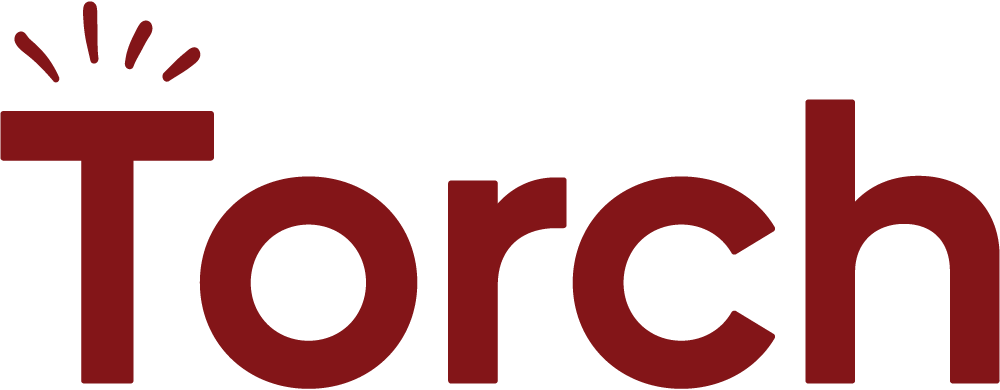New research from HR.com Research Institute found some fascinating findings about HR professionals’ attitudes towards coaching and their interest and use of it in their organization. The study surveyed 245 HR practitioners from a wide range of organizations (50 – 20,000+ employees. I spent some time going through the results and have distilled the key takeaways for you.
Top 3 Takeaways from The State of Coaching and Mentoring:
Coaching is a hot HR offering, rising in both importance and usage
In 2022, Josh Bersin called out coaching as a disruptive force in leadership development. The findings from HR.com’s research further support this increased appetite and use of coaching.
70% of HR professionals agree that coaching is an important practice in their organizations, a significant leap from 52% in 2021. HR professionals’ increased use of coaching in their organizations also reflects this view. More than half of respondents (59%) shared that their organizations increased their usage of coaching within the past year, with 26% of those stating that they’ve increased their usage significantly.
It’s clear from these results that leaders are seeing the value of coaching as an important lever in their HR strategy. So what do HR professionals want to use coaching for?
Organizations are leveraging coaching to create positive organizational cultures
Creating a positive organizational culture was one of the top 5 reasons why organizations increased their use of coaching in the past year. Even more interestingly, it was the #1 reason why organizations want to use coaching in the next 2 years.
We’ve heard about HR and L&D leaders’ interest in building “coaching cultures” for quite some time now. From the data, it’s clear that HR professionals are already seeing a shift in how their employees are behaving and in what they value related to coaching.More than half of HR professionals reported that:
This uptake in valuing coaching at all levels of the organization parallels HR professionals’ increased interest in this offering.
Effective coaching accelerates organizational performance
While more than half of HR professionals (57%) reported that coaching leads to improved organizational performance, even more of them pointed to coaching improving individual development (67% of HR professionals). Is there a reason for this gap between individual and organizational change? After accounting for the effectiveness of coaching, the data tells a different story.
To take a deeper look at the data, HR.com separated their respondents into two pools: “high performers,” those who rated their coaches at least an 8 out of 10 on a 10-point scale, and “low performers,” those who rated coaches 1-6 on the same scale.
After comparing both groups, they found that 88% of high performers agreed that coaching leads to improved organizational performance, compared to only 39% of low performers. Interestingly, the gap between individual and organizational change disappears as the same number of high performers (88%) report that coaching leads to improved individual development.
These results tell us that the quality of coaching greatly influences how impactful programs are on an organizational level. This highlights the importance of vetting coaches, especially in a field that has no barrier to entry. At Torch, coach quality is a critically important way that we set our customers and participants up for success.
We were encouraged to see these research findings point to both HR professionals’ increased interest and urgency in coaching and their use of coaching to improve organizational culture and performance. We’re always ready to help HR professionals leverage coaching effectively for their organizations.


